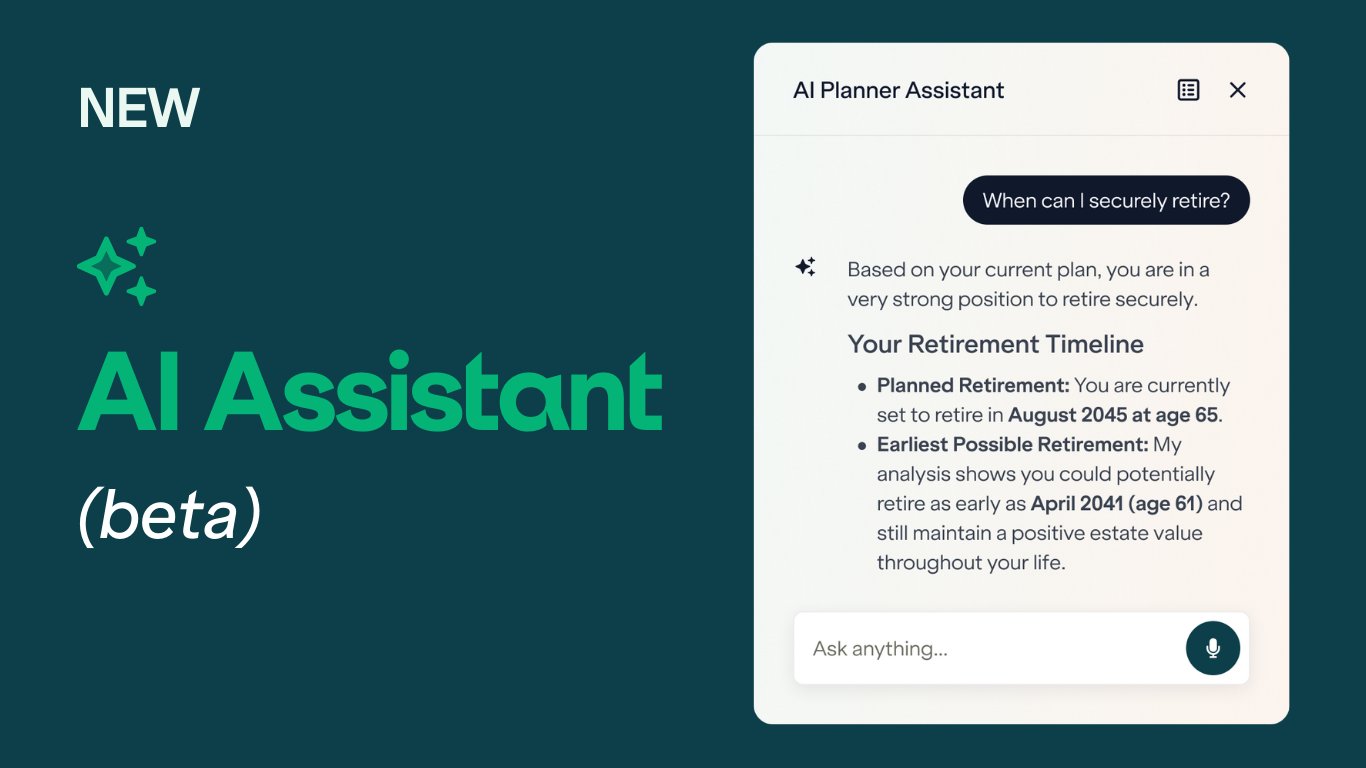Medical billing errors are common problems that can lead to significant financial losses for healthcare organizations. While most medical billing errors are preventable, outdated systems, complex processes and human errors often result in delayed or denied claims. Faced with ever-increasing overhead costs, workforce challenges and growing volumes of data, healthcare leaders will need to implement modern medical billing software solutions to improve revenue cycle management (RCM) medical billing efficiencies, without adding costly headcount or overhead.
This article reviews the role modern medical billing software plays in revenue cycle management and how RCM leaders can use it as a top defense to prevent costly claim delays and denials.
What is medical billing software in revenue cycle management?
Medical billing software is a critical tool healthcare organizations use to streamline patient billing and collections in revenue cycle management. Revenue cycle leaders know that outdated and complex billing processes can wreak havoc on the entire revenue cycle and waste valuable staff time. However, medical billing in revenue cycle management allows providers to optimize the entire revenue cycle — from pre-visit insurance verification and cost estimates through patient billing and collections. Automated medical billing processes in the revenue cycle can help improve efficiencies, reduce errors, and create more reliable collections processes. This allows healthcare organizations to deliver better patient care while protecting their bottom line.
How software powered by artificial intelligence (AI) improves medical billing efficiency
AI-powered software helps providers manage many types of complex revenue cycle billing processes — from claims management to collections. Providers that embrace AI often benefit from streamlined medical billing processes, fewer claim denials, real-time eligibility verification, better data insights and productivity boosts. For example, AI-powered software can streamline medical billing by automating repetitive tasks, like insurance verification checks, so providers can prevent and catch errors, speed up reimbursements and stretch strained resources.
On the front end, with single-click AI-driven data capture technology, running multiple manual eligibility queries is no longer necessary. Now, with solutions like Patient Access Curator, patient details can be verified quickly and accurately. Patient Access Curator leverages AI and machine learning to automatically handle eligibility verification, coordination of benefits, Medicare Beneficiary Identifiers, insurance discovery and more, with just one click. This saves staff hours and reduces human errors that can lead to claims denials and costly delays later on.
Ken Kubisty, VP of Revenue Cycle at Exact Sciences, shares how Patient Access Curator helped their organization reduce claim denial errors and added $75 million in insurance company collections.
AI-driven predictive analytics solutions, like AI Advantage, can also help staff identify claims that may be at risk of denial, so potential issues can be handled before submission — saving even more staff time. When admin overhead is minimized, there’s less burnout and less stress. Staff can focus on higher-priority tasks, and healthcare organizations can see productivity increase overall.
Preventing claims denials with better billing solutions
Claims denials are on the rise with healthcare organizations being left on the hook for delayed or unpaid claims. In the State of Claims 2024 report, 38% of survey respondents said that at least one in ten claims is denied. Some organizations see claims denied more than 15% of the time.That’s a lot of cost in reworks and lost revenue. Nearly half of providers say patient information errors are a primary cause of denied claims. Errors are common during pre-visit insurance verification due to error-prone manual processes, but can happen at any point during the collection process. Medical billing software helps providers reduce errors and submit cleaner claims right from the start and catch errors before they become costly problems.
Here are some of the key ways medical billing software like Experian Health’s Patient Access Curator solutionhelps providers head off claims denials before they happen.
- Eligibility checks: Automatically verifies patient eligibility and updates records in real-time to ensure patient information is accurate before claims submission.
- Coordination of Benefits (COB) verification: Discovers and verifies secondary and tertiary insurance coverage to reduce the risk of COB-related denials while using AI-powered technology to seamlessly integrate with a provider’s eligibility verification process.
- Medicare Beneficiary Identifiers (MBIs): Updates MBIs to confirm patient records are correct and compliant with Medicare requirements while using AI-driven technology and automation to find and correct patient identifiers automatically.
- Demographics: Patient demographic information is corrected and updated using in-memory analytics and Experian Health’s proprietary algorithm to accurately find and fix contact information.
- Insurance Discovery: Identifies and corrects missing or incorrect insurance information to ensure claims are submitted with the most accurate information available.
Discover how Experian Health’s revolutionary AI-powered revenue cycle solution is turning denial management into denial prevention. Patient Access Curator solves for missing or correct data in real-time at registration and scheduling, creating a smooth, clean claim process and lowering denials by double digits.
Optimize efficiencies in claims management through AI
Experian Health customers currently using ClaimSource® can now improve their claim management strategy — before claim submission and after denial. With AI Advantage Predictive Denials and Denial Triage, providers can leverage historical claims data and Experian’s deep knowledge of payer rules to continuously adapt to an ever-changing payer rules landscape.AI Advantage’s – Predictive Denials component reduces denial rates, detects payer changes and empowers staff to focus on highest-priority claims, while AI Advantage’s – Denial Triage identifies denials with the highest reimbursement potential and uses AI to segment denials, eliminating guesswork for billers.
Watch the video to learn more about the two components that make up AI Advantage, and how healthcare organizations can transform the reimbursement process and decrease claim denials for good.
Medical billing software is only getting smarter and faster
Upgrading outdated manual medical billing processes results in cleaner claims, improved staff efficiencies, better care and improved patient satisfaction. Today’s AI-driven technology brings medical billing in RCM to the next level, enabling time-strapped providers to do even more with less. Now busy providers can streamline manual processes that used to take hours into just seconds. With this new technology, patient information is accurate when claims are submitted, eliminating the need for costly reworks and hits to the bottom line. As more providers adopt AI technology for RCM in medical billing and software solutions get more sophisticated, providers will see new success stories in its power to help healthcare organizations optimize the entire revenue cycle.
Learn how tools like Patient Access Curator and AI Advantage can help healthcare organizations prevent claim denials and improve medical billing in RCM.
Publisher: Source link










